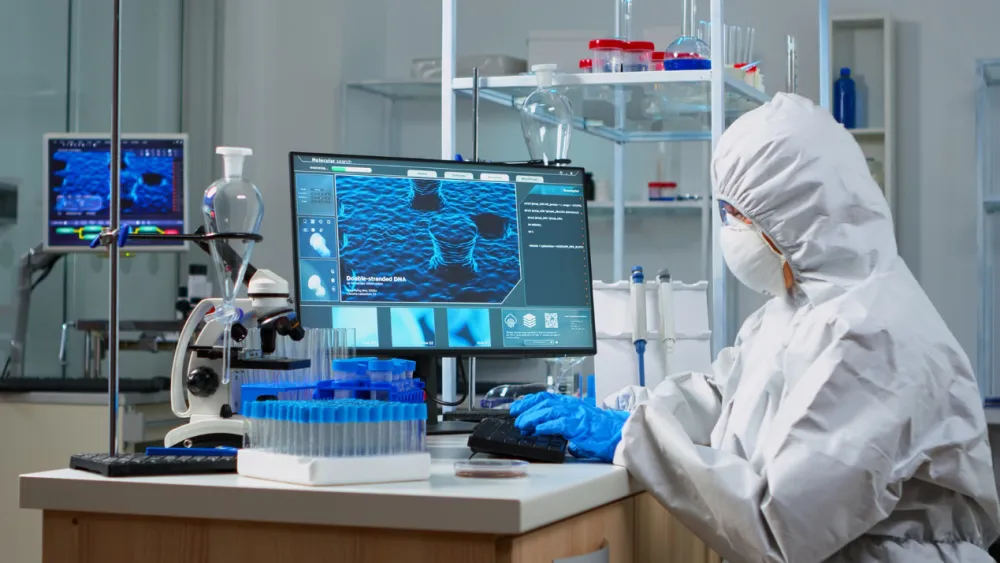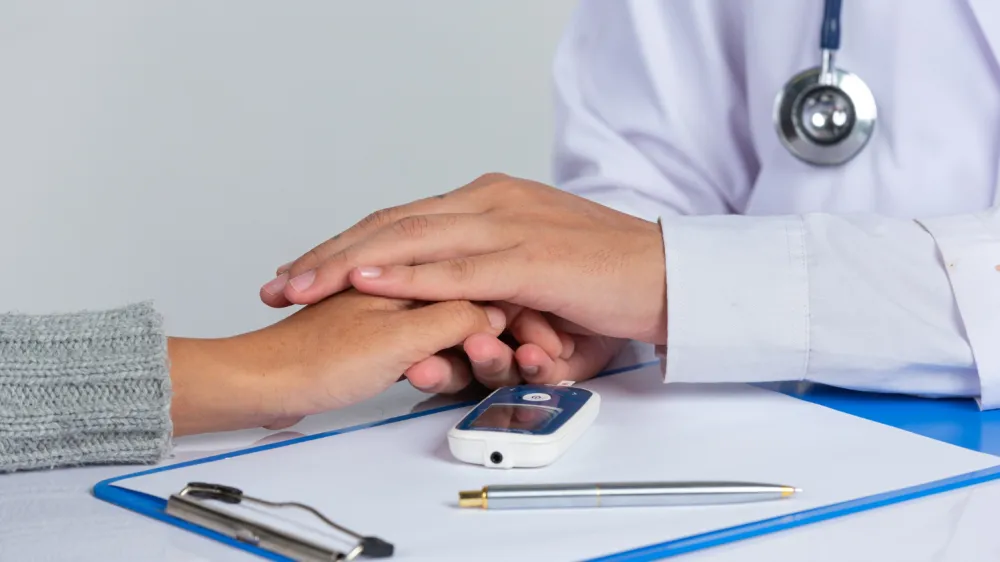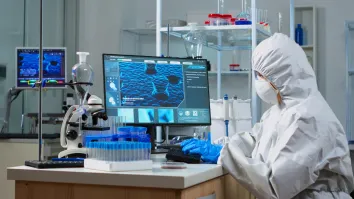
Healthcare data expected to increase 2,300 to 10,800 exabytes
Healthcare data accounts for 30% of the world's data volume.
A study from L.E.K. Consulting predicts that between 2020 and 2025, the total amount of global healthcare data is projected to grow from 2,300 to 10,800 exabytes.
This represents a yearly growth rate of 36%, according to the research, and is expected to grow faster than data from other industries such as manufacturing, financial services, and media and entertainment.
The rapid data expansion in the healthcare industry stems from institution-recorded medical data. These could be from the increased global use of clinical medical records in hospitals, new imaging technologies including video capture and digital pathology, and an increase in the amount of information collected in -omics data and externally recorded data such as from wearable devices.
"This increased recording of data and its use have the potential to improve various aspects of healthcare, including significantly enhancing patient outcomes through upgraded and new drugs, medtech devices, wearables, and clinical services," read the report.
Data value
The research also showed different values of data such as episodic data, including EHR and EMRs, are generally the lowest cost data source due to a lower level of curation and less cross-linking with other patient records.
Oncology and genomics data sets can set fees over €1k per patient for detailed patient records with cross-linked and outcome-linked data.
Their survey also noted that over 25% of global pharma firms are spending more than US$50m each per year to acquire healthcare data.



















 Advertise
Advertise





